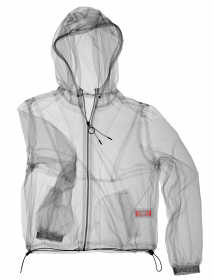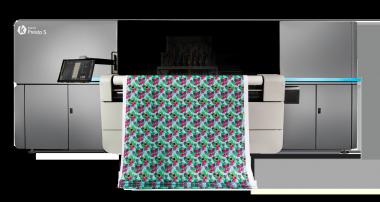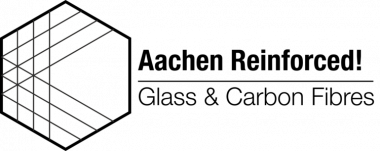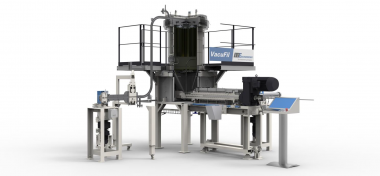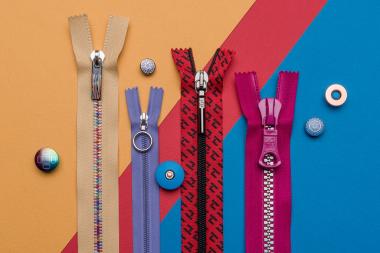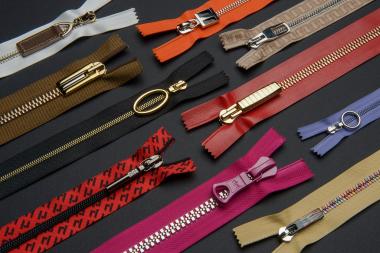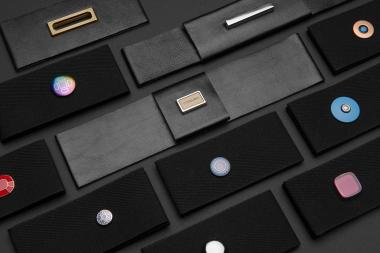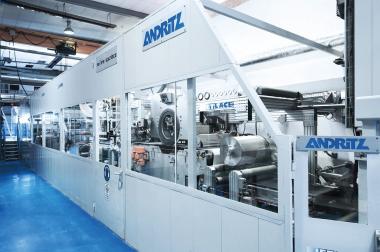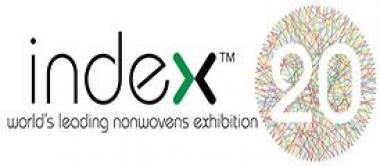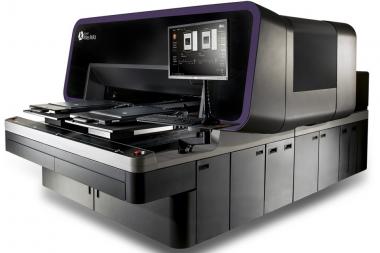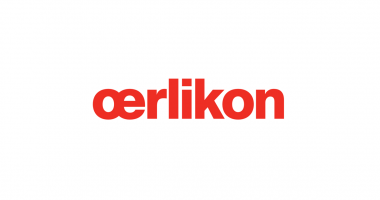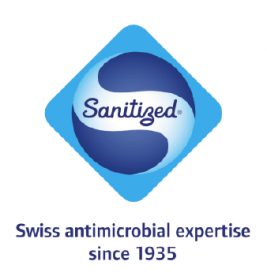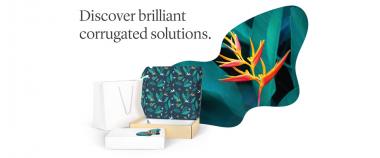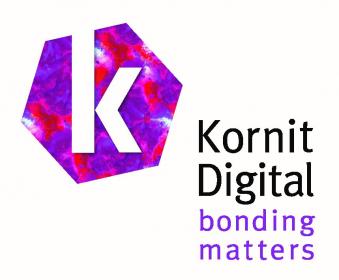Checkpoint Systems achieves the ARC Certification
- Checkpoint becomes the first RFID label manufacturer to achieve ARC certification with NXP’s UCODE 9 IC
Checkpoint Systems, a vertically integrated supplier of RFID solutions for retail, has again demonstrated its commitment to innovation by becoming the first manufacturer to have an RFID inlay featuring the new NXP UCODE 9 IC certified by Auburn University’s ARC Laboratory.
The announcement follows news that Checkpoint recently became the first company to achieve ARC-certification for its Impinj M700-based inlays. By setting another new standard for the industry, Checkpoint are enabling retailers around the world to further improve their inventory visibility, reduce costs, improve performance and increase their overall profitability.
Delivering enhanced performance
Delivering the same ARC certifications as the Vortex U8 (Spec G, K and Q), the new Vortex U9 goes one step further by meeting the requirements of Spec N.
All aspects of the retail supply chain benefit from the increased read and write sensitivity of the Vortex U9. The 11% increase in read distance, decreases the time for inventory cycle counts in both sparse or densely populated environments. It also increases the compatibility of smaller RFID labels with RFID Point of Exit (PoE) or loss prevention systems. The write sensitivity is significantly improved which is beneficial when encoding labels in densely packed cartons during source tagging and bulk encoding operations.
Finally, the new Vortex U9 will provide retailers with added value when it comes to sustainability. NXP’s UCODE 9 RFID IC is 18% smaller than its predecessor, reducing the carbon footprint on an individual IC basis.
Scott Mitchell-Harris, Group Vice President Checkpoint Systems, commented: “The investment Checkpoint has made over the past few years in our manufacturing facilities is evident. We have one of the most talented development teams who are continually seeking out the latest technology with new ideas to deliver market leading label designs.”
Checkpoint’s Vortex range delivers high read rate performance in semi-automated physical inventory control and RFID as EAS. Vortex is ISO18000-6C compliant and can be encoded and printed tocarry EPC data in several formats -RFID EPC global protocol, printed bar code and human readable text.


